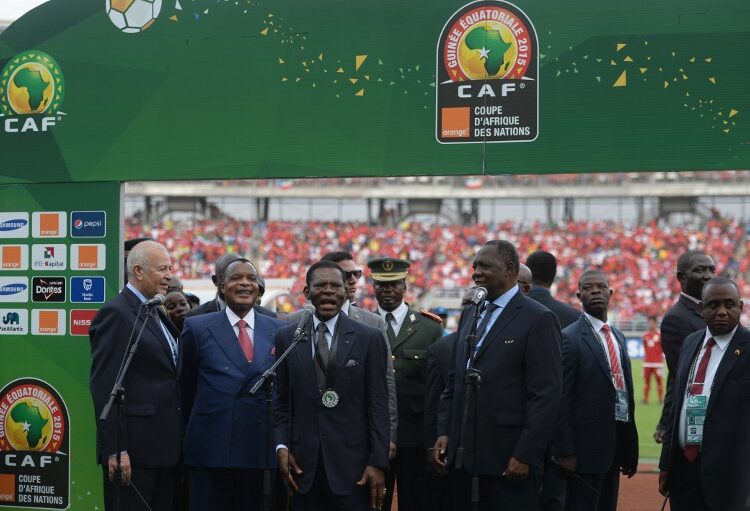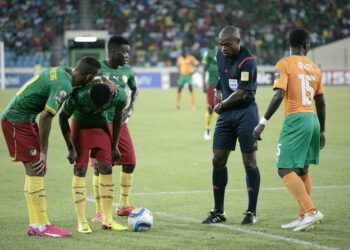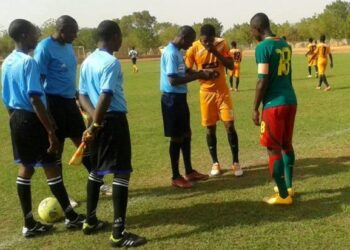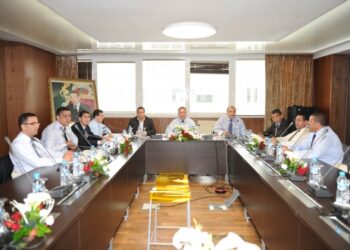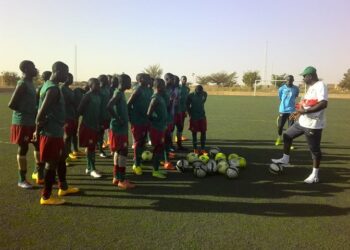Despite short, notice Equatorial Guinea put in all to give AFCON 2015 a near-perfect hosting.
When it was announced that Equatorial Guinea would be hosting the 2015 Africa Nations Cup, AFCON, people were sceptical about the country’s capacity to organise the tournament alone at short notice. However, with Morocco having desisted out of fear of spread of the Ebola deadly virus, CAF had no option but to accept the bid especially as it saved the continent’s honour after an offer from Qatar to host the competition. Drawing experience from their co-hosting experience in 2012 with Gabon, and taking into consideration the fact that they had been preparing within the perspective to bid for the 2017 edition of the tournament, Equatorial Guinea surprised many to the pride of Africa, by organising an excellent AFCON.
Health Mobilisation
Owing to the Ebola scare, Equatorial Guinea mobilised a team of doctors comprising nationals and foreigners to screen visitors to the country for the deadly diseases at the Malabo airport which was decreed the entry port of all delegations to Equatorial Guinea for the event. Spectators were also screened upon entry into the stadium. The screening exercise did not take much time as it consisted of scanning people’s foreheads with thermal cameras to check their body temperature or any early signs of the disease as they walked through the airport or stadium gates. There were banners, radio and TV spots sensitising the public on the disease and slogans in the stadium before matches reading “Together we can win the war against Ebola. The effort paid off as no case of Ebola was reported throughout the competition.
Infrastructure, Accommodation
The second challenge was that of infrastructure. The sporting infrastructure is up to date as the coach of the Nzalang Nacional declared, “stadiums in Equatorial Guinea have nothing to envy from those in Europe in terms of facilities at the stadium and the quality of the green turf. While agreeing with Becker Esteban, one must also confess that the stadiums in Ebebiyin and Mongomo leave much to be desired in terms of capacity. Coupled with this was the problem of accommodation. Journaling trailing the Ghanaian team in Mongomo lodged in Bata since they couldn’t find accommodation in Mongomo. Lucky the road infrastructure is excellent which enabled them to shuttle between Bata and Mongomo though causing an extra financial strain.
From the media standpoint of view, journalists were able to have easy access to the country merely by presenting their accreditation letters to the boarder authorities at the airport in Malabo. The media tribune was air-conditioned providing a good atmosphere for work in the midst of the damn heat of the Equatorial rainforest. There was free internet and telephone access and a team of Chinese technicians on hand to solve any technical problem and free water offered to media men. The only blot of escutcheon on this aspect of organisation was the intermittent cuts in internet and switching off of lights and internet services fifteen minutes after the end of matches.
Security
There was a heavy security presence especially as President Teodoro Obiang Nguema Mbasogo personally attended some matches. Despite the heavy police presence, there was a breach in security in Mongomo when Nzalang fans invaded the pitch in the quarter final encounter against Tunisia. The federation was fined five thousand US dollar by CAF but that did not teach them a lesson as they wrote one of the darkest pages of African football by attacking Ghanaian fans during the semi final encounter against the Black Stars. Contrary to the slogan on a T-shirt that was specially designed for the event and which they proudly wore which read “AFCON 2015, For the Unity of African people” Equato-Guineans manifested lack of sportsmanship going on the rampage after the 0-3 defeat to Ghana.
Fred VUBEM TOH, Envoy to Malabo

